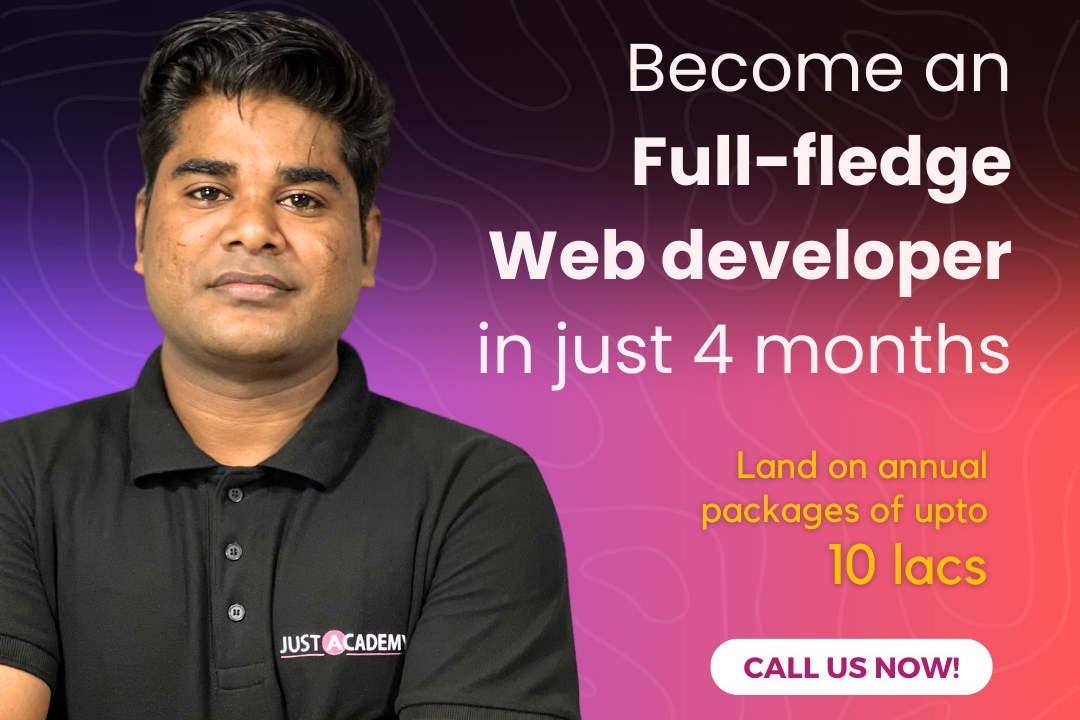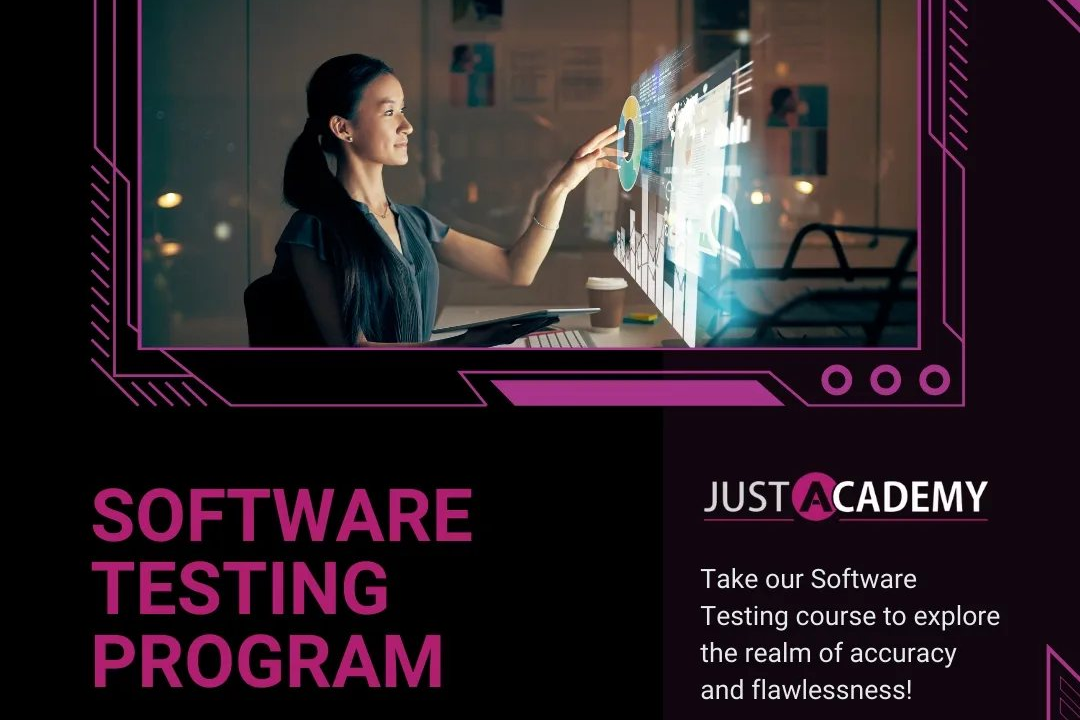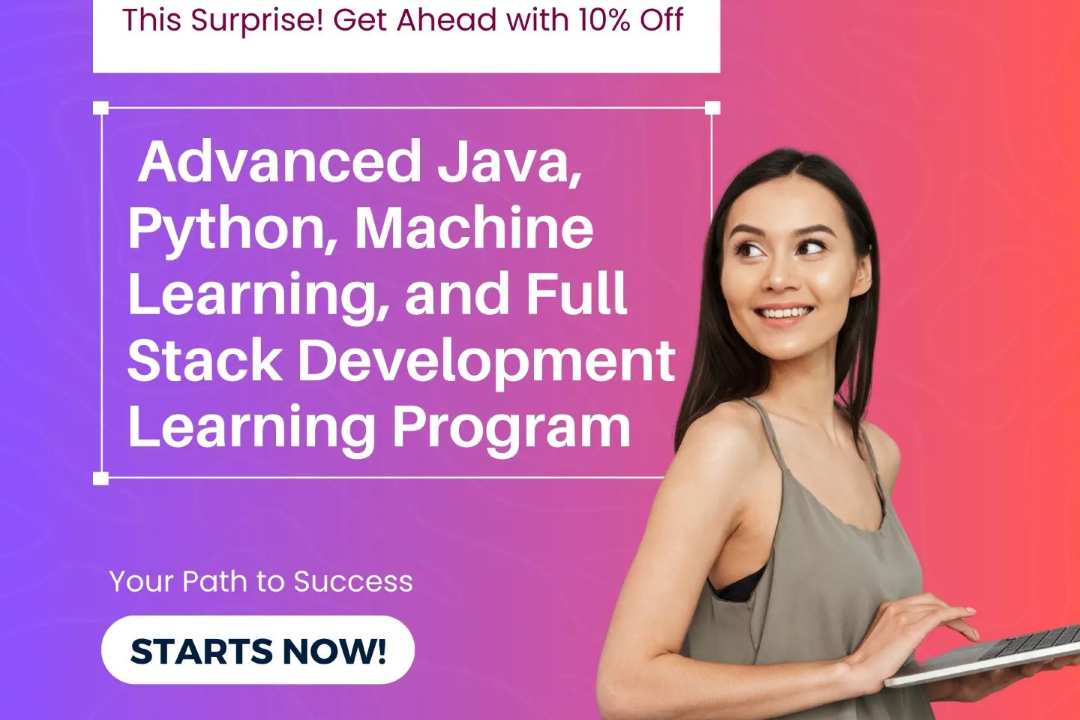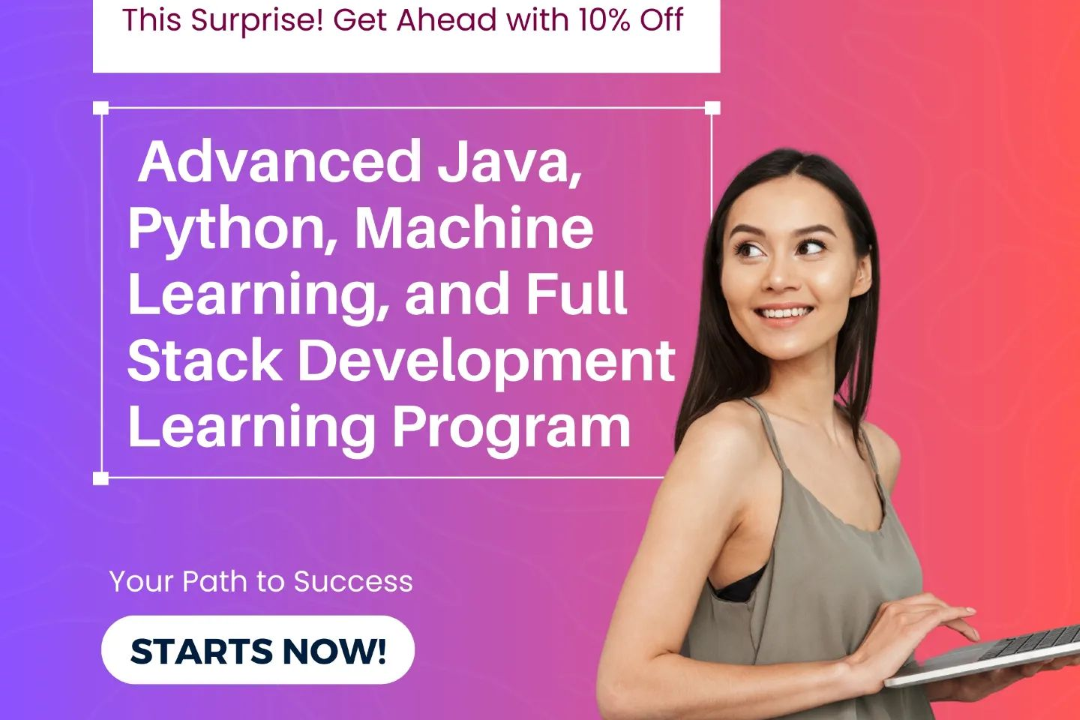C++ PHP Interview Question
C++ and PHP interview questions are specialized inquiries designed to evaluate a candidate's profici
C++ PHP Interview Question
C++ and PHP interview questions are indispensable tools for employers seeking to gauge a candidate's expertise in software development and web programming. By asking targeted questions, interviewers can assess a candidate's understanding of core programming concepts, problem-solving abilities, and practical experience with real-time projects. C++ questions may explore advanced concepts such as memory management and object-oriented principles, while PHP questions might focus on web application development and server-side scripting. This comprehensive evaluation not only helps employers identify skilled developers who can contribute effectively to their teams but also ensures candidates are prepared to tackle the challenges they will face in their roles within dynamic environments.
To Download Our Brochure: https://www.justacademy.co/download-brochure-for-free
Message us for more information: +91 9987184296
C++ and PHP interview questions are indispensable tools for employers seeking to gauge a candidate's expertise in software development and web programming. By asking targeted questions, interviewers can assess a candidate's understanding of core programming concepts, problem solving abilities, and practical experience with real time projects. C++ questions may explore advanced concepts such as memory management and object oriented principles, while PHP questions might focus on web application development and server side scripting. This comprehensive evaluation not only helps employers identify skilled developers who can contribute effectively to their teams but also ensures candidates are prepared to tackle the challenges they will face in their roles within dynamic environments.
Course Overview
The “C++ PHP Interview Questions” course is designed to equip participants with a comprehensive understanding of critical programming concepts and practical knowledge necessary for excelling in technical interviews. Through a series of focused modules, learners will explore key topics in both C++ and PHP, including data structures, algorithms, memory management, object-oriented programming, and effective web development techniques. The course incorporates real-time project scenarios that enhance problem-solving skills and foster hands-on experience. By engaging with a wide range of interview questions and coding challenges, participants will build confidence and proficiency, positioning themselves as strong candidates in the competitive job market. This course not only prepares individuals for interviews but also strengthens their overall programming capabilities.
Course Description
The “C++ PHP Interview Questions” course is designed to prepare learners for technical interviews by covering essential concepts and practical skills in both C++ and PHP programming languages. Through a structured curriculum, participants will engage with commonly asked interview questions, algorithms, data structures, and real-world coding challenges, ensuring a thorough understanding of object-oriented programming, memory management, and web development techniques. This comprehensive course not only enhances problem-solving abilities but also builds confidence, making candidates well-equipped to tackle tough technical interviews and excel in their programming careers.
Key Features
1 - Comprehensive Tool Coverage: Provides hands-on training with a range of industry-standard testing tools, including Selenium, JIRA, LoadRunner, and TestRail.
2) Practical Exercises: Features real-world exercises and case studies to apply tools in various testing scenarios.
3) Interactive Learning: Includes interactive sessions with industry experts for personalized feedback and guidance.
4) Detailed Tutorials: Offers extensive tutorials and documentation on tool functionalities and best practices.
5) Advanced Techniques: Covers both fundamental and advanced techniques for using testing tools effectively.
6) Data Visualization: Integrates tools for visualizing test metrics and results, enhancing data interpretation and decision-making.
7) Tool Integration: Teaches how to integrate testing tools into the software development lifecycle for streamlined workflows.
8) Project-Based Learning: Focuses on project-based learning to build practical skills and create a portfolio of completed tasks.
9) Career Support: Provides resources and support for applying learned skills to real-world job scenarios, including resume building and interview preparation.
10) Up-to-Date Content: Ensures that course materials reflect the latest industry standards and tool updates.
Benefits of taking our course
Functional Tools
1 - Online Coding Platforms: The course utilizes online coding platforms such as LeetCode, HackerRank, and CodeSignal. These platforms provide a vast array of coding challenges tailored to C++ and PHP. Students can practice real interview questions that cover various topics ranging from data structures to algorithms. The immediate feedback and interactive environment help learners identify their strengths and areas for improvement, enhancing their coding skills effectively.
2) Integrated Development Environments (IDEs): An essential tool for this course is the use of popular IDEs like Visual Studio for C++ and PHPStorm for PHP. These IDEs offer robust features such as code completion, debugging tools, and error highlighting. Familiarizing students with these environments ensures they can write, test, and debug their code efficiently. Moreover, they become accustomed to the industry standard tools used in professional development.
3) Version Control Systems: The course introduces version control tools like Git, which are crucial for collaborative coding and project management. Students will learn to manage their code changes, collaborate with peers on projects, and understand the importance of maintaining different versions of their code. Proficiency in Git also prepares students for real world software development environments where version control is indispensable.
4) Mock Interview Platforms: To prepare for actual interviews, the course incorporates mock interview platforms such as Pramp and Interviewing.io. These platforms connect learners with experienced interviewers who simulate real interview scenarios. Students practice verbalizing their thought processes while solving C++ and PHP problems, which builds their confidence and hones their ability to articulate solutions clearly during actual job interviews.
5) Discussion Forums and Study Groups: Dedicated discussion forums and study groups are essential for collaboration and peer learning. Platforms like Discord or Slack facilitate communication among students, allowing them to discuss complex concepts, share resources, and collaborate on problem solving. This community aspect leads to a richer learning experience as students can seek help and give support.
6) Integrated Learning Management Systems (LMS): The course leverages Learning Management Systems such as Moodle or Canvas to deliver content, track progress, and assess understanding. Through these platforms, students can access course materials, submit their assignments, and receive feedback from instructors in an organized manner. This structured approach allows for continuous learning and ensures that students are aligned with course objectives and milestones.
7) Real Time Project Collaboration Tools: Tools like GitHub and Bitbucket are utilized for collaborative projects, enabling students to work together on coding assignments and share their code repositories. This hands on experience simulates real world software development practices, teaching students how to manage projects with multiple contributors, conduct code reviews, and track issues, all of which are vital skills in any tech job.
8) Automated Testing Frameworks: The course includes training on automated testing frameworks such as Google Test for C++ and PHPUnit for PHP. Students learn the importance of writing testable code and how to implement unit tests to verify that their code is functioning as intended. Understanding automated testing not only improves code reliability but is also a sought after skill in the job market.
9) Continuous Integration and Deployment (CI/CD) Tools: Students are introduced to CI/CD tools like Jenkins or Travis CI, which automate the process of code integration and deployment. This knowledge is critical for modern software development practices, allowing students to implement automated testing and deployment processes that enhance software quality and reduce the time spent on manual tasks.
10) Cloud Platforms for Deployment: The course exposes students to cloud platforms such as AWS, Azure, or Heroku, where they can deploy their projects. Learning how to host applications in the cloud provides practical experience with scaling, managing resources, and understanding cloud infrastructure, which is increasingly important for modern software developers.
11 - APIs and Web Services: Understanding how to create and interact with APIs is essential for modern applications. The course covers RESTful services and integration with third party APIs, giving students the practical skills to build and consume services in their projects, enhancing their coding repertoire.
12) Containerization Technologies: Familiarity with containerization using tools like Docker is integrated into the curriculum. Students learn how to create and manage containers, ensuring their applications run seamlessly in different environments. This knowledge is crucial in today’s development landscape, where microservices architecture and DevOps practices are prevalent.
13) Code Quality and Formatting Tools: The course emphasizes the importance of code quality through tools such as ESLint for JavaScript, CPPCheck for C++, and PHP_CodeSniffer for PHP. These tools help students learn to write clean, maintainable code while adhering to industry coding standards, which is essential for professional development.
14) Soft Skills Development: Alongside technical skills, the course includes training on soft skills such as communication, teamwork, and problem solving. Recognizing that employers seek well rounded candidates, this component prepares students to work effectively within teams and present their ideas clearly during technical discussions and interviews.
15) Career Guidance and Mentorship: The course offers career mentoring sessions and resume building workshops. Experienced mentors provide insights into career paths, job search strategies, and interview preparation tailored for the tech industry. This support helps students navigate the transition from learning to employment, ensuring they are job ready once they complete their certification.
16) Gamified Learning Experience: To enhance engagement and motivation, gamification elements are integrated into the learning platform. Students can earn badges, complete challenges, and track their progress through a leaderboard system. This competitive aspect encourages continuous learning and fosters a sense of accomplishment as they complete various tasks.
By incorporating these additional elements into the curriculum, JustAcademy provides a comprehensive learning environment that not only teaches coding in C++ and PHP but also equips students with the skills and tools needed to thrive in the tech industry.
Browse our course links : https://www.justacademy.co/all-courses
To Join our FREE DEMO Session:
This information is sourced from JustAcademy
Contact Info:
Roshan Chaturvedi
Message us on Whatsapp: +91 9987184296
Email id: info@justacademy.co












